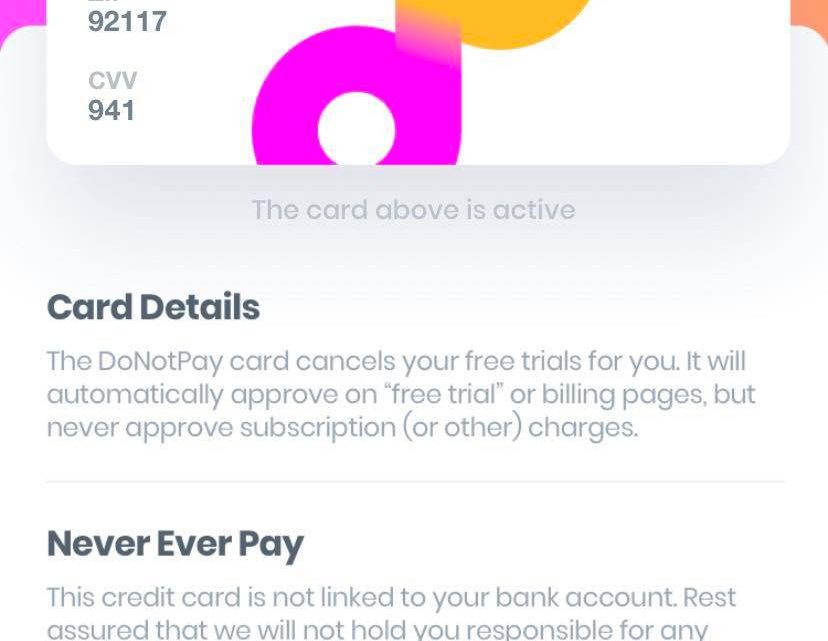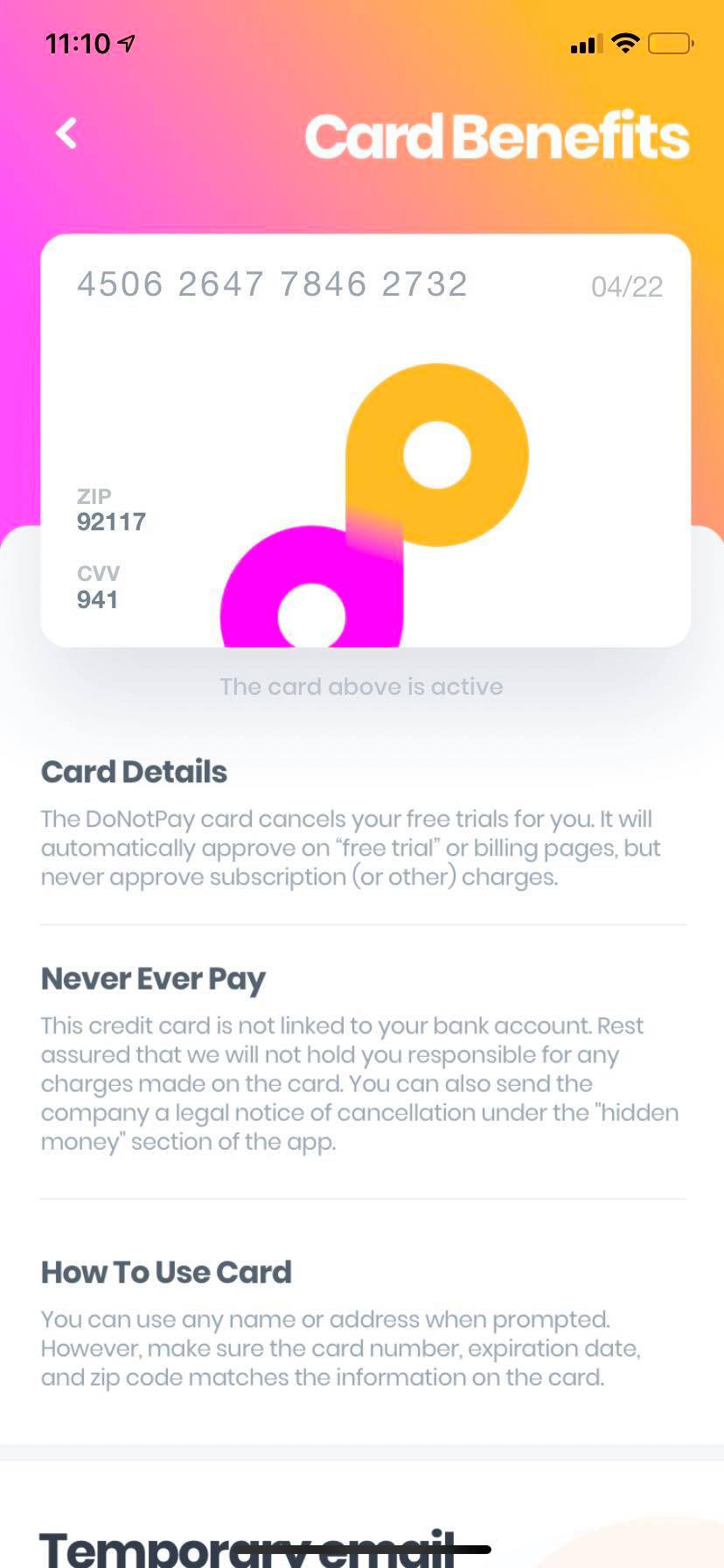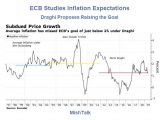
This App Uses a Burner Credit Card to Automatically Cancel Free Trials
July 19, 2019What is the purpose of a free trial? Ostensibly it’s to try a service and decide whether you want to opt-in or not. In reality you have to make a conscious effort to cancel your trial subscription, but that’s if you even remember to cancel it in the first place. One survey by CreditCards.com found that 35 percent of American consumers had signed up for accounts that enrolled them in auto-pay without them realizing it. Sure there are ways to guarantee you cancel a "free" trial if you end up not wanting the service, but why is the burden on the consumer?
Most companies are making a bet that you’ll forget about the trial and they’ll be able to charge you for at least one month’s subscription fee. It’s why they ask for your payment information first, why they don’t check-in when your trial is ending whether you want to convert or drop out, and why there’s little to nothing your bank can do if you call asking for a refund.
Enter DoNotPay. Founded by Joshua Browder, a 22 year old programmer and entrepreneur at Stanford University, the app just rolled out its latest feature: a Free Trial Card.
The Free Trial Card is a pretty simple solution to the problem of free trials. You sign up for a trial with this virtual credit card instead of your own. You get notified when you sign up for a free trial, you get notified again when it’s about to end, and can decide whether you want to convert by adding your actual payment information. If you don't want to convert, when the free trial period ends, the card automatically declines to be charged and that's that.
“I was scammed myself. I signed up for a gym membership at Planet Fitness and they lured me in with a free trial, took all my details, and I didn’t realize that every single month I was charged over $21,” says Browder. “I felt scammed, I felt like all these companies were using deceptive practices and hoping people would forget before the companies got their money.”
"It's an industrialized scam," he said. The fact that you are asked for the financial information upfront, that you aren't warned of the impending charge, and that there is little you can do once the charge has been made all tell Browder that free trials operate as "opt-out" instead of "opt-in" services.

So how does DoNotPay actually work? Well first, the app generates an email address that forwards to your real one after disabling read receipts and location tracking. You can use any name or physical address. Browder told me the real Visa card assigned by the app used random zip codes, was backed by multiple community banks, and that each user receives one card number meant to free them from ever using their personal financial information for a free trial again. All of this is legal thanks to the fact that the Visa card used by DoNotPay is a business card backed by the community of banks mentioned earlier. This allows DoNotPay to provide Free Trial Cards since they're simply acting as "an agent" on behalf of consumers when it comes to certain payments such as a free trial.
Browder sees this new function as one more tool supporting DoNotPay's real mission to be an advocate for consumers. The company got its start when Browder started driving in London four years ago and "was spending hours and hours" filling out appeals for parking tickets. DoNotPay started as a chatbot meant to guide people through the appeals process after he noticed it followed a general pattern. Within four months, DoNotPay had saved motorists an estimated £2 million ($2.5 million). “DoNotPay helps consumers fight for their rights and this free trial card is one of the many features we have.”
Browder wants to keep expanding the app to help level the playing field and remove the information asymmetries that companies take advantage of when dealing with consumers.
In the future, Browder is interested in empowering consumers to fight price discrimination, where companies use data collected about a user (such as their location) to target consumers with a specific price, by changing their location to areas where prices might be lower. He’s also interested in giving users notifications about when they’re able to join a class action lawsuit or collect on its settlement.
“If you combine the law with technical knowledge,” he said, “it becomes a superpower for consumers.”


